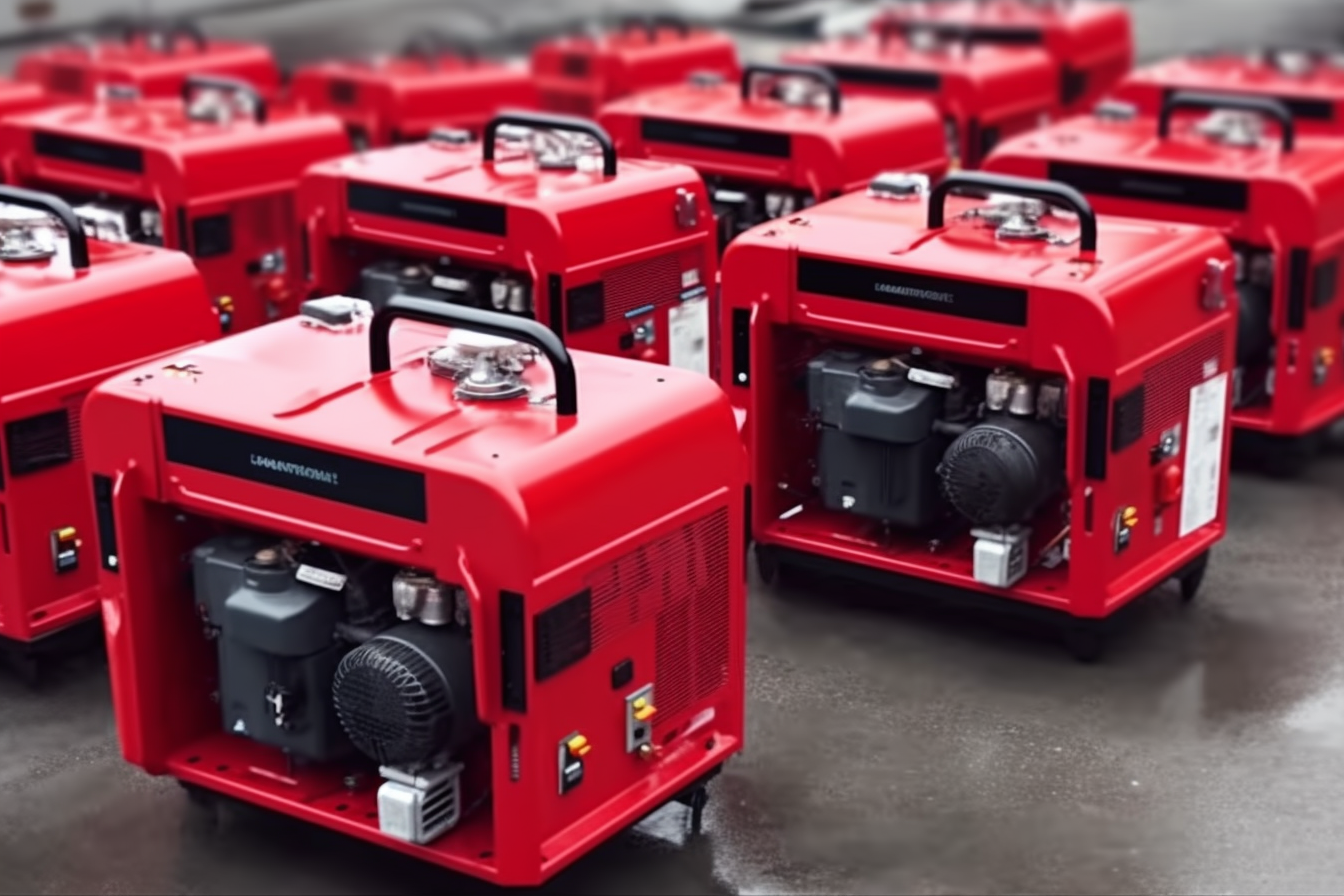The Generator Every Homeowner Should Own
Power outages can strike at any moment, leaving families in the dark and disconnecting essential appliances and devices. Whether caused by severe weather, grid failures, or scheduled maintenance, these interruptions to electricity supply can range from minor inconveniences to serious emergencies. For homeowners, having a reliable power generator is no longer a luxury—it's becoming a necessity for maintaining comfort, safety, and peace of mind when the lights go out.

Why Every Home Needs a Power Generator
Power generators serve as your electrical insurance policy when utility power fails. Beyond just keeping the lights on, generators maintain critical systems like refrigeration for food, medical equipment, heating and cooling, security systems, and communication devices. The frequency of extreme weather events has increased in recent years, with power outages affecting millions of Americans annually. Even short outages can lead to significant inconveniences, while extended outages can result in substantial property damage from frozen pipes, flooded basements, or food spoilage. A properly sized generator eliminates these concerns by providing immediate backup power when you need it most.
Types of Power Generators for Residential Use
Several types of power generators are available to homeowners, each with distinct advantages. Portable generators are the most affordable option, typically ranging from 2,000 to 8,000 watts and capable of powering essential appliances. They require manual startup and regular refueling with gasoline, propane, or diesel. Inverter generators offer cleaner power output suitable for sensitive electronics, though at a higher price point. Standby generators, permanently installed outside the home, represent the premium option—automatically detecting power loss and restoring electricity within seconds. For environmentally conscious homeowners, solar power generators harness renewable energy, storing it in batteries for use during outages without producing emissions or requiring fuel.
Solar Power Generators: The Sustainable Choice
Solar power generators have gained tremendous popularity as a clean alternative to traditional fuel-based models. These systems typically consist of solar panels, a battery storage system, an inverter, and a charge controller. Unlike conventional generators, solar options produce no noise, emit zero carbon emissions, and require minimal maintenance. Their operation is remarkably simple: solar panels capture energy during daylight hours, which is then stored in batteries for use whenever needed. While the upfront investment is higher than conventional generators, the long-term savings on fuel costs and environmental benefits make them increasingly attractive. Many modern solar generators are also expandable, allowing homeowners to add battery capacity or additional panels as their energy needs evolve.
Sizing and Selecting the Right Power Generator
Choosing the appropriate generator size is crucial for ensuring your essential needs are met during outages. To determine your requirements, make a comprehensive list of appliances and devices you’ll need to power simultaneously during an outage. Pay special attention to starting watts (surge power) required by motors in appliances like refrigerators, which can be 2-3 times their running wattage. For most average-sized homes, a 5,000-7,000 watt generator covers essential needs like refrigeration, heating systems, lighting, and basic electronics. Larger homes or those with well pumps, multiple HVAC systems, or home offices may require 10,000-20,000 watts. Consider future needs as well—many homeowners prefer to size up slightly to accommodate additional appliances or changing requirements.
Installation and Safety Considerations
Proper installation and operation of power generators are critical to prevent dangerous situations like carbon monoxide poisoning, electrical hazards, or fires. Portable generators must always operate outdoors, at least 20 feet from windows, doors, and vents, with exhaust directed away from the home. Transfer switches, installed by licensed electricians, prevent dangerous backfeeding into utility lines that could harm workers repairing the grid. Solar generators eliminate many of these concerns as they operate silently without emissions but require professional installation to ensure proper integration with your home’s electrical system. Regular maintenance—including monthly test runs, oil changes for fuel-powered units, and battery system checks for solar options—extends generator life and ensures reliability when you need backup power most.
Cost Comparison of Popular Power Generator Options
Choosing the right generator requires balancing initial investment against long-term operating costs and features. The market offers options ranging from budget-friendly portable units to comprehensive whole-home solutions.
| Generator Type | Average Initial Cost | Fuel/Operating Cost | Lifespan | Key Features |
|---|---|---|---|---|
| Portable Gas Generator | $500-$1,500 | $12-25/day (running) | 3-5 years | Affordable, portable, limited capacity |
| Inverter Generator | $1,000-$4,000 | $7-20/day (running) | 5-10 years | Clean power for electronics, fuel-efficient, quieter |
| Standby Generator | $5,000-$15,000+ | $30-50/day (running) | 10-20 years | Automatic operation, whole-home coverage, permanent installation |
| Solar Generator System | $2,000-$20,000+ | $0 fuel cost | 10-25 years | Zero emissions, silent operation, renewable energy, minimal maintenance |
Prices, rates, or cost estimates mentioned in this article are based on the latest available information but may change over time. Independent research is advised before making financial decisions.
Making Your Final Decision
The ideal generator for your home depends on your specific needs, budget, and priorities. For those seeking reliability during occasional brief outages, a quality portable generator offers adequate power at a reasonable price point. Homeowners in areas prone to frequent or extended outages might benefit from investing in a permanent standby system with automatic transfer capabilities. Those prioritizing sustainability, silent operation, and long-term cost savings should strongly consider solar power generators despite their higher initial investment. Ultimately, any generator is better than none when faced with a power outage, but choosing the right system ensures you’ll have appropriate backup power when it matters most, protecting your family’s comfort, safety, and peace of mind regardless of what happens to the electrical grid.




